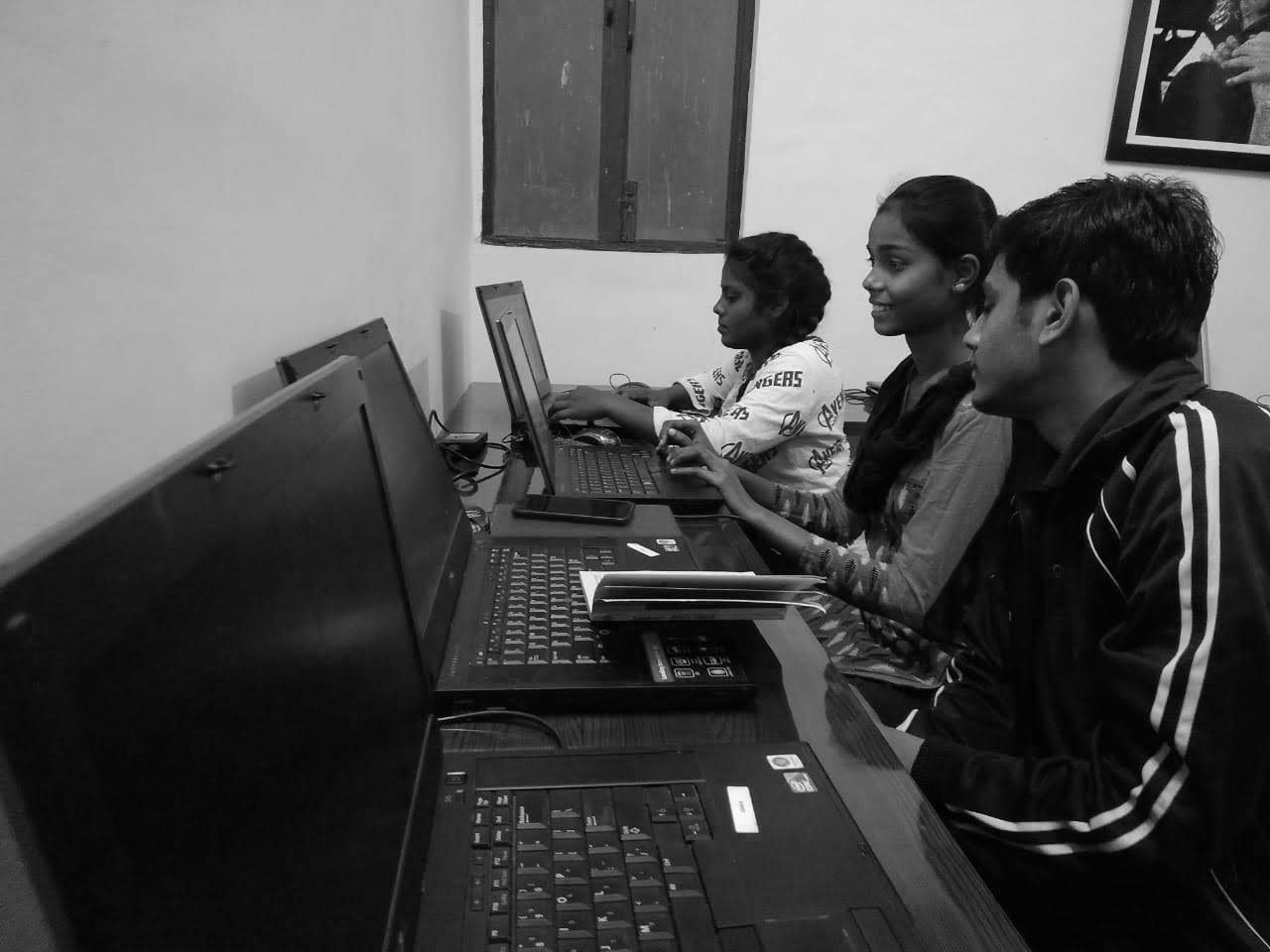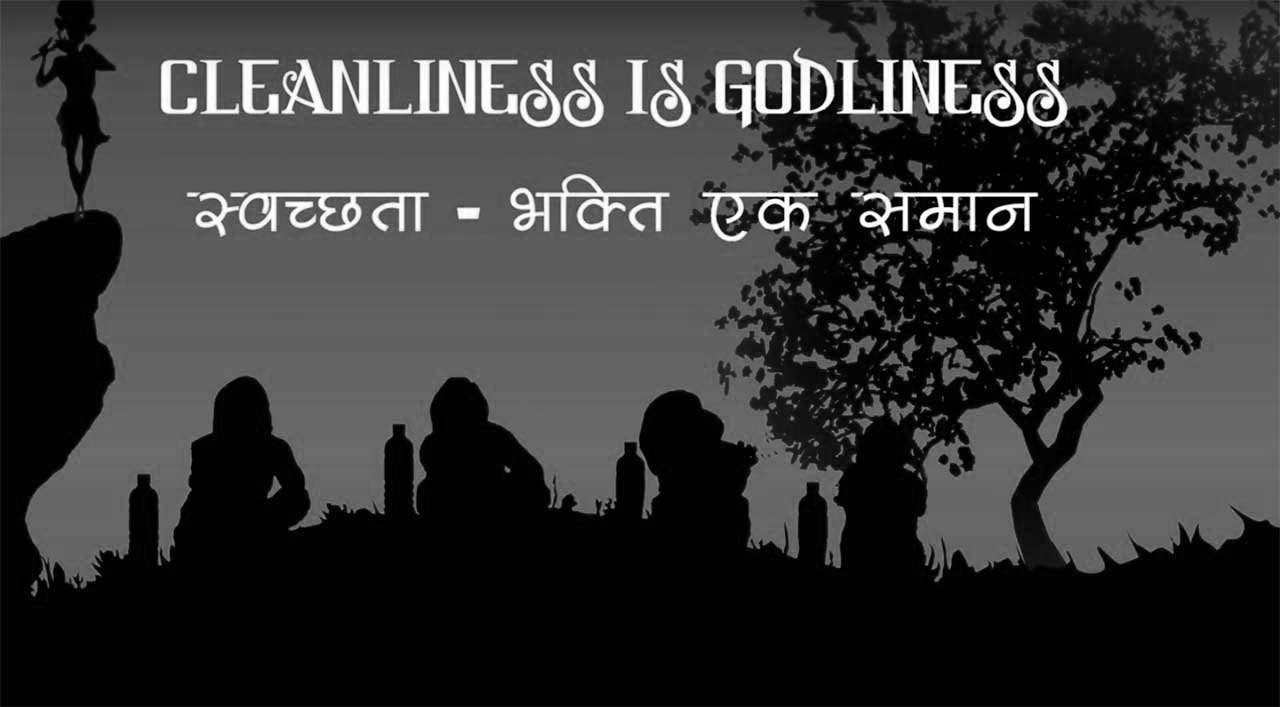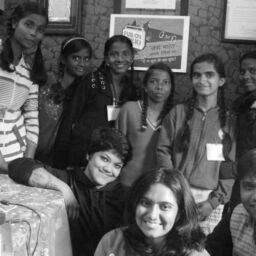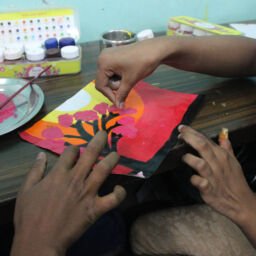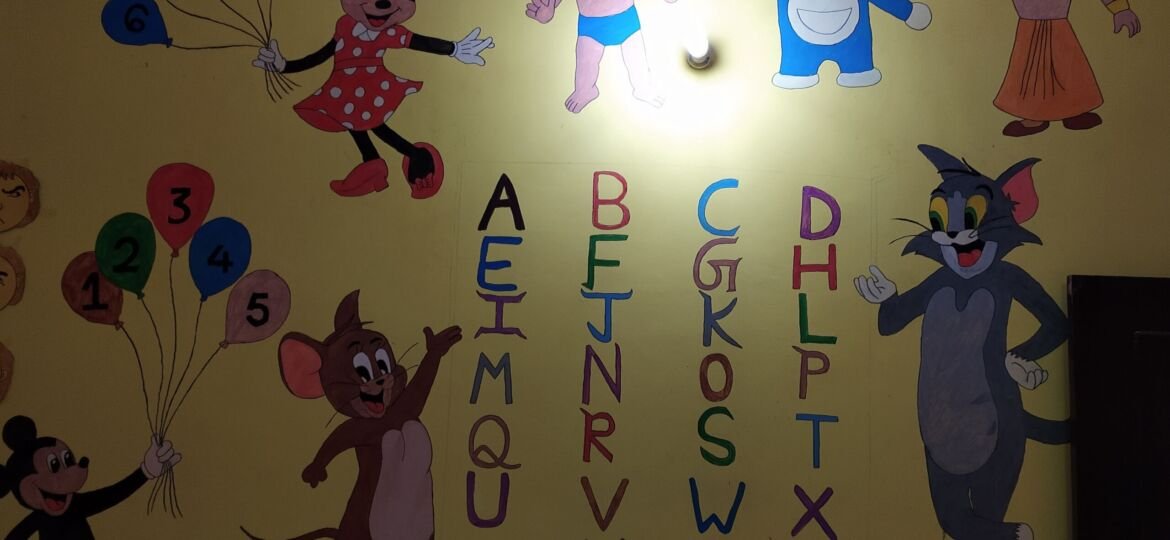
It’s been more than a decade since the Ministry of Women and Child Development, Govt. of India released a survey report on child abuse in India. During this period, there have been quite a few developments, and many positive steps have been taken to ensure that childhoods are not destroyed by the monster of child abuse. One such positive steps has been the POCSO Act of 2012. After being cleared by both houses of the Parliament on 22 May 2012, the act came into effect on 14 November 2012. However, after nearly five years of its enforcement, there’s a lot that needs and can be done on-ground to raise awareness among people regarding the act, especially among children and their parents.
In this post, we take a quick look at the most crucial features of the POCSO Act and the objectives it aims to achieve.
Part 1 – Salient features of the POCSO Act
- POCSO is gender neutral – it applies to both girls and boys – and lists all known sexual offenses towards minors
- It makes provisions for reporting child sexual abuse mandatory by the police to Child Welfare Committee within 24 hours once a complaint is received
- It has mandatory provisions for recording the statement of the survivor in a non-threatening environment by police officers in plain clothes so as not to appear intimidating
- To record the statement, police officers must go to a place of the minor’s choice, and record the statement in presence of a person that he/she trusts
- Only female doctors can collect forensic evidence from a minor in a medico-legal case in the presence of a person of trust
- It mandates the protection of minors at all stages of the judicial process, including ensuring that their identity is not revealed, nor do they have to face the accused
- The minor’s testimony can be given using a video link, and he/she is not made to repeat the testimony in court at any time
- The trial must end within 1 year from the date of registering the complaint against the accused
- The defence cannot ask any questions directly to the minor in an aggressive manner, and must route all questions through the judge
- The court must make arrangements for the presence of an interpreter, translator, special educator, social worker, or any other expert in the courtroom for the minor’s assistance
- Compensation must be provided to the minor for medical treatment and rehabilitation in case of sexual abuse
- It mandates that teachers, management and all employees of educational and other institutions must be made aware of the provisions of the Act, and they have a duty to report cases of child abuse as per the provisions in Sections 19(I) and 21
Guidelines published by the WCD Ministry also highlight the need for handling and interviewing children with special needs in cases of child sexual abuse under the POCSO Act. These Model Guidelines are available for the general public on the MWCD website and also available for download on Protsahan’s website. It is also advised that parents, teachers, social workers, and caregivers must familiarize themselves with the Gazette Notification of the Government of India on the POCSO Act 2012.
Part 2 – Punishments under the POCSO Act
- Penetrative sexual assault
Any kind of penetration, that is peno-vaginal, peno-urethral, peno-oral, or peno-anal, fingering or object penetration
Punishment: Not less than 7 years that may extend to life imprisonment in rarest of rare cases, and a fine under Section 4 - Aggravated penetrative sexual assault
Any assault committed by a person of trust or authority
Punishment: Not less than 10 years that may extend to rigorous life imprisonment, and a fine under Section 6 - Non-penetrative sexual assault
Committed by anyone with a sexual intent, touching the vagina, penis, anus or breast of a child making the child touch the vagina, penis, anus or breast of such person or any other person does any other act with sexual intent which involves physical contact without penetration
Punishment: Not less than 3 years that may extend to 5 years, and a fine under Section 10 - Aggravated non-penetrative sexual assault
Any assault committed by a person of trust or authority
Punishment: Not less than 5 years that may extend to 7 years, and a fine under Section 10 - Sexual harassment
Unwelcome sexual remarks, emails or telephone calls; taunting, jeering, demands or requests for sexual favours
Punishment: 3 years and a fine under Section 12 - Use of minor for pornographic purposes
Involving a child in the preparation, production and/or distribution of pornography via print, electronic, computer or any other medium
Punishment: 5 years and a fine, and in the event of second conviction, 7 years and a fine under Section 14 (1) - Attempt of offence
In case of an attempted offence is reported before being carried out
Punishment: 1 year and/or fine under Section 18 - Abetment of offence
Instigating a person to commit an offence, conspiring to commit an offence, or intentionally aiding an offence
Punishment: As per the offence under Section 17 - Failure to report an offence
In case police officers fail to report an offence to the Child Welfare Committee
Punishment: 6 months imprisonment and/or a fine under Section 21
Disclaimer: This post is a simplified version of the POCSO Act, 2012. Please consult a legal practitioner to understand the intricacies of the law.
For Part 2, click here
Useful Links:
POCSO Act 2012 – Gazette Notification of the Government of India



